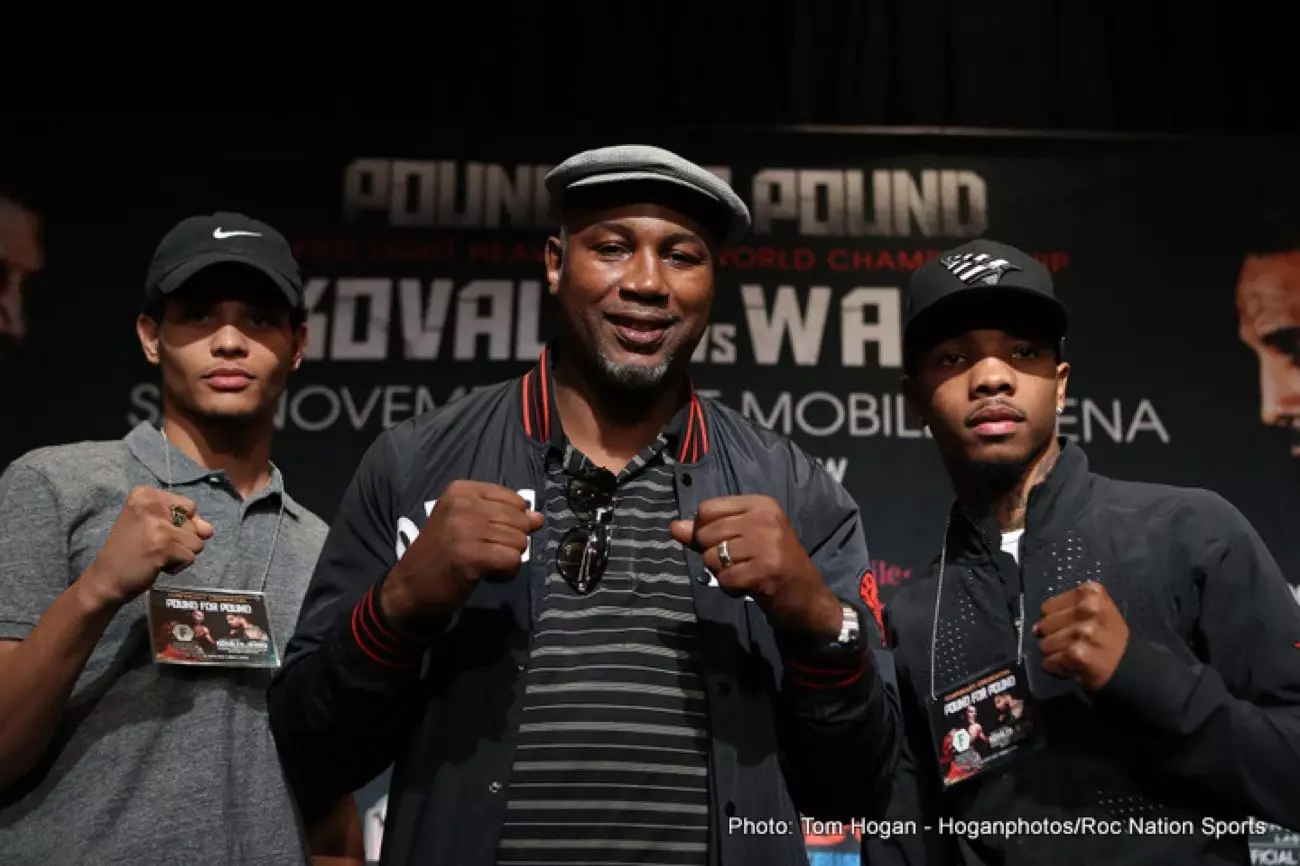When discussing the most pivotal moments in heavyweight boxing, few matchups resonate as powerfully as the rematch between Lennox Lewis and Evander Holyfield, which took place a quarter of a century ago. Dubbed “Unfinished Business,” this encounter carved its name into boxing history amidst the backdrop of a deeply contentious first bout that left fans and pundits alike grappling with confusion, anger, and accusations of corruption. The ramifications of that first encounter not only shaped the careers of both fighters but also left an indelible mark on the sport itself.
The initial clash between Lewis and Holyfield occurred in March 1999 and ended in a controversial draw, leaving a sour taste for many spectators. The overwhelming sentiment was that Lewis had outperformed his opponent, showcasing his skill and power across the rounds. However, two of the three judges saw it differently, prompting an outcry that targeted not only the officials but also the promoter, Don King. This scenario was emblematic of a broader issue in boxing, where questions surrounding the integrity of officiating can overshadow the accomplishments of the athletes themselves.
Following this chaos, the anticipation for a rematch was palpable. The boxing community was desperate for resolution, hoping that the two titans would meet again to settle the score definitively. With Lewis being the younger, larger fighter, many believed that he would have the edge going into this second match. He entered the ring in Las Vegas with a professional record of 34 wins, 1 loss, and 1 draw—27 of those victories coming by knockout. Holyfield, possessing an impressive résumé as a two-time heavyweight champion and a significant presence in the sport, was still formidable despite being 37 years of age, boasting a record of 36 wins, 3 losses, and 1 draw.
Unlike the expectations set by their first encounter, the rematch delivered a compelling narrative. While the initial fight was marred by dubious officiating, “Unfinished Business” heralded a clash of styles that kept spectators on the edge of their seats. The match began with Holyfield, the consummate warrior, initially struggling to find his rhythm against the more cautious Lewis. However, as the fight progressed into the middle rounds, Holyfield began to assert himself, demonstrating his resilience and tactical adaptability.
Round seven was particularly noteworthy, showcasing the high-caliber exchanges that characterize elite boxing. Lewis, while aware of his size and power advantages, took a measured approach, avoiding reckless engagements. As the fight unfolded, it became a battle of wits, strategy, and will, with both fighters taking turns to steal momentum. In the championship rounds, Lewis managed to reclaim control and ultimately secured the victory with the judges’ scores reflecting the closely contested nature of the bout.
The aftermath of the rematch solidified Lewis’s status as the undisputed heavyweight champion. The scores were decisive: 117-111, 116-112, and 115-113 in favor of Lewis. While some reporters, including British journalist Colin Hart, controversially claimed Holyfield should have won, the outcome was a clear turning point for Lewis. He gained enhanced respect from fans and pundits alike, and his victory marked the pinnacle of his storied career.
In contrast, Holyfield, despite the loss, did not falter. His resilience was emblematic of his boxing ethos as he went on to create further history in the sport by becoming the first-ever four-time heavyweight champion after defeating John Ruiz for the WBA title—belonged to Lewis prior to this rematch. The dynamic between Lewis and Holyfield transcended their individual accomplishments, demonstrating two distinct boxing philosophies: Lewis’s scientific approach versus Holyfield’s relentless spirit.
Ultimately, the rematch between Lennox Lewis and Evander Holyfield was not just a significant moment for the two fighters, but a defining era in heavyweight boxing. Both men walked away from their rivalry with legacies firmly established in the annals of boxing history. Lennox Lewis retired with a phenomenal record of 41 wins, 2 losses, and 1 draw, while Holyfield left the ring with a notable 44 wins, 10 losses, and 2 draws. Debates about who is the greater fighter—Lewis or Holyfield—will persist indefinitely, but one thing remains clear: their encounters contributed to the rich tapestry of boxing that continues to captivate millions around the world.

